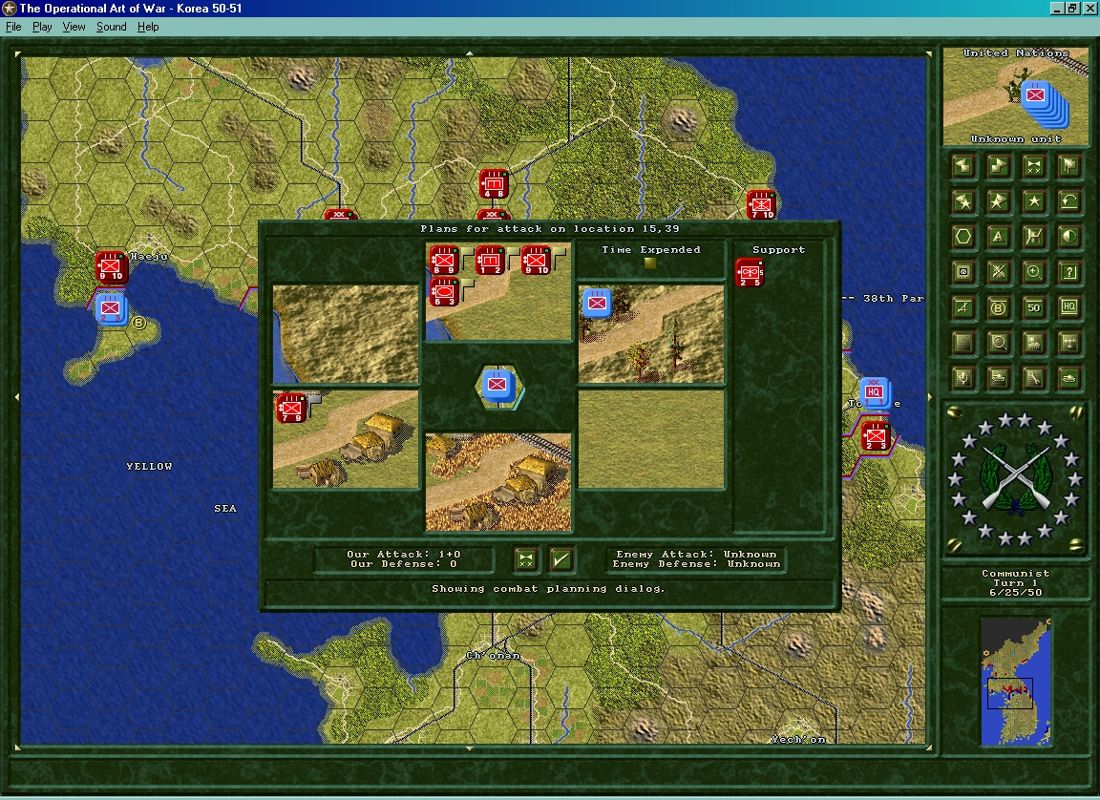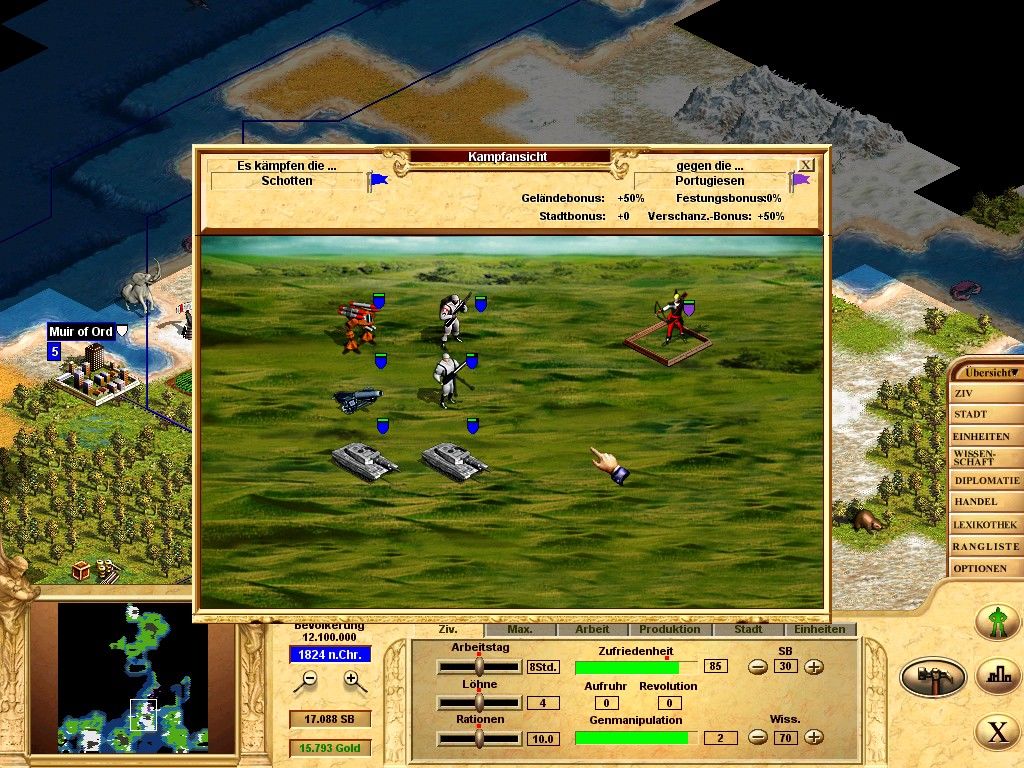Sid Meier was reportedly dissatisfied with the final product, because he believed that the disparate elements of the game, however good they were individually, detracted from game play. As a result, he developed what he called the "Covert Action Rule": "It's better to have one good game than two great games." He described the origins of this rule in an interview with
GameSpot:
The mistake I think I made in
Covert Action is actually having two games in there kind of competing with each other. There was kind of an action game where you break into a building and do all sorts of picking up clues and things like that, and then there was the story which involved a plot where you had to figure out who the mastermind was and the different roles and what cities they were in, and it was a kind of an involved mystery-type plot.
I think, individually, those each could have been good games. Together, they fought with each other. You would have this mystery that you were trying to solve, then you would be facing this action sequence, and you'd do this cool action thing, and you'd get on the building, and you'd say, "What was the mystery I was trying to solve?"
Covert Action integrated a story and action poorly, because the action was actually too intense. In
Pirates!, you would do a sword fight or a ship battle, and a minute or two later, you were kind of back on your way. In
Covert Action, you'd spend ten minutes or so of real time in a mission, and by the time you got out of [the mission], you had no idea of what was going on in the world.
So I call it the "
Covert Action Rule". Don't try to do too many games in one package. And that's actually done me a lot of good. You can look at the games I've done since
Civilization, and there's always opportunities to throw in more stuff. When two units get together in
Civilization and have a battle, why don't we drop out to a war game and spend ten minutes or so in duking out this battle? Well, the
Covert Action Rule. Focus on what the game is.






























